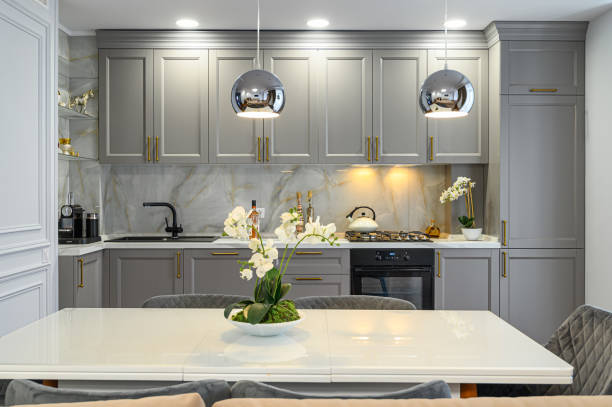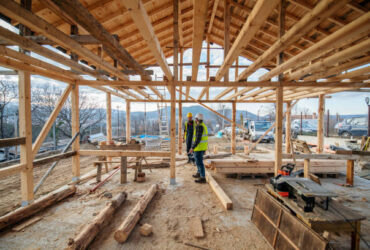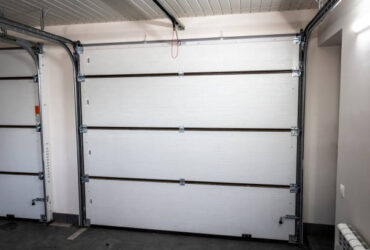Introduction
Technology has become an integral part of our daily lives, and its influence extends to modern kitchen design. From smart appliances to high-tech gadgets, incorporating technology into the kitchen space can enhance functionality, efficiency, and overall cooking experience. In this article, we will explore the role of technology in modern kitchen design and how it has transformed the way we interact with our culinary spaces.
Smart Appliances for Convenience
Smart appliances have revolutionized modern kitchens, offering convenience and connectivity like never before. Refrigerators with touchscreen displays can display recipes, manage grocery lists, and provide real-time inventory updates. Smart ovens can be controlled remotely through smartphone apps, allowing users to monitor cooking progress and adjust settings from anywhere. Wi-Fi-enabled coffee makers and voice-activated assistants are just a few examples of how technology has seamlessly integrated into modern kitchen appliances, making cooking and food preparation more efficient and enjoyable.
High-Tech Gadgets and Tools
In addition to smart appliances, high-tech gadgets, and tools have found their place in modern kitchens. Induction cooktops offer precise temperature control and rapid heating, saving time and energy. Immersion circulators enable sous vide cooking, ensuring precise and consistent results. Digital kitchen scales, instant-read thermometers, and app-controlled cooking timers are just a few examples of how technology has elevated the precision and accuracy of cooking. These gadgets not only streamline the cooking process but also enable home chefs to explore new techniques and experiment with flavors.
Smart Home Integration
Modern kitchen design often extends beyond the boundaries of the kitchen itself, integrating with the broader smart home ecosystem. Voice-controlled assistants like Amazon Alexa or Google Assistant can connect with kitchen appliances, lighting systems, and other smart devices, creating a seamless and interconnected experience. Home automation systems allow users to control and monitor various aspects of the kitchen environment, from adjusting lighting levels to managing energy consumption. The integration of technology in modern kitchens enhances convenience, comfort, and energy efficiency throughout the entire home.
Conclusion
Technology has become a game-changer in modern kitchen design, offering convenience, connectivity, and advanced functionality. Smart appliances, high-tech gadgets, and seamless home integration have transformed the way we interact with our kitchens. By embracing these technological advancements, modern kitchens have become more efficient, personalized, and enjoyable spaces for cooking, entertaining, and creating culinary experiences.













